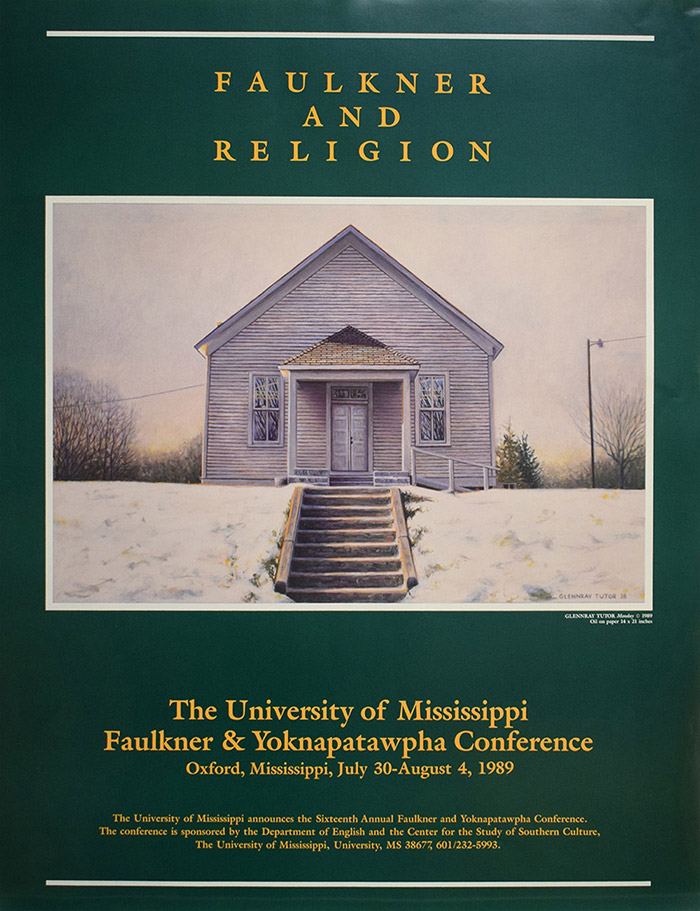
Order as Disorder: Absalom, Absalom!'s Inversion of the Judeo-Christian Creation Myth
Location
Education Auditorium
Start Date
2-8-1989 10:30 AM
Description
Absalom, Absalom!, a novel widely regarded as Faulkner's masterpiece, probes such typically American myths as the myth of innocence and the myth of the self-made man. Faulkner appeals to the Judaeo-Christian creation myth as a base for his critical appraisal of these myths. The novel associates the theme of creation with Sutpen, and inverts the myth so that, by the very act of establishing order through the creation of Sutpen's Hundred, Sutpen sets into motion a chain of events whose tragic consequences continue into generations after him. The paper examines the creation allusions in the novel, relates them to the major themes of the novel, and seeks to demonstrate how these allusions function as a critique of Sutpen's brutal establishment of a plantation and his creation of a persona which is not rooted in custom or community. The paper argues that the critique of Sutpen is a critique of the American myths of innocence and of the self-made man.
Relational Format
Conference Proceeding
Recommended Citation
Lindsey, William D., "Order as Disorder: Absalom, Absalom!'s Inversion of the Judeo-Christian Creation Myth" (1989). Faulkner and Yoknapatawpha Conference. 16.
https://egrove.olemiss.edu/fy/1989/schedule/16
Order as Disorder: Absalom, Absalom!'s Inversion of the Judeo-Christian Creation Myth
Education Auditorium
Absalom, Absalom!, a novel widely regarded as Faulkner's masterpiece, probes such typically American myths as the myth of innocence and the myth of the self-made man. Faulkner appeals to the Judaeo-Christian creation myth as a base for his critical appraisal of these myths. The novel associates the theme of creation with Sutpen, and inverts the myth so that, by the very act of establishing order through the creation of Sutpen's Hundred, Sutpen sets into motion a chain of events whose tragic consequences continue into generations after him. The paper examines the creation allusions in the novel, relates them to the major themes of the novel, and seeks to demonstrate how these allusions function as a critique of Sutpen's brutal establishment of a plantation and his creation of a persona which is not rooted in custom or community. The paper argues that the critique of Sutpen is a critique of the American myths of innocence and of the self-made man.

